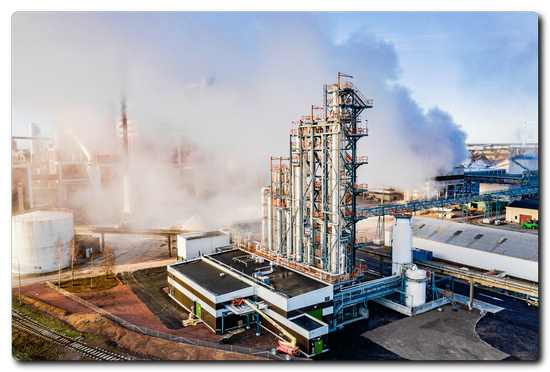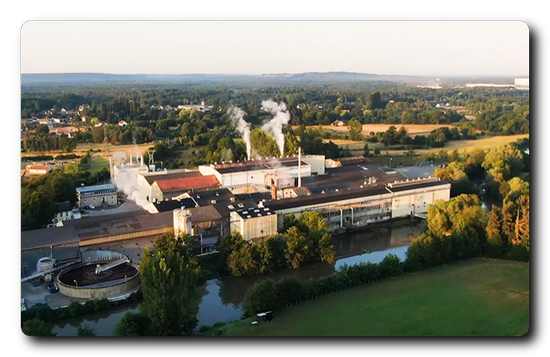Valmet will supply a Defibrator system to Guangxi Shangsi Hualin Forestry Industry Co., Ltd. in China. The start-up of the system is planned for the middle of 2020.
The order was included in Valmet’s orders received of the fourth quarter 2019. The value of the order will not be disclosed. An order with this scope of supply is usually valued in the range of EUR 2-5 million.
“We set many evaluation indicators when selecting the suppliers, and Valmet’s score was the highest. It is not difficult to reach our capability demands, but it is a difficult to reach our quality requirements. Our main product is ultra-thin board, which requires extra high-quality fiber, and that is Valmet’s advantage. Valmet’s technology know-how, equipment performance, reputation and references also received high scores. We are confident that our future cooperation will be very fruitful, and this project will be very successful,” says Zheng Shengjun, President at Guangxi Shangsi Hualin Forestry Industry Co., Ltd.
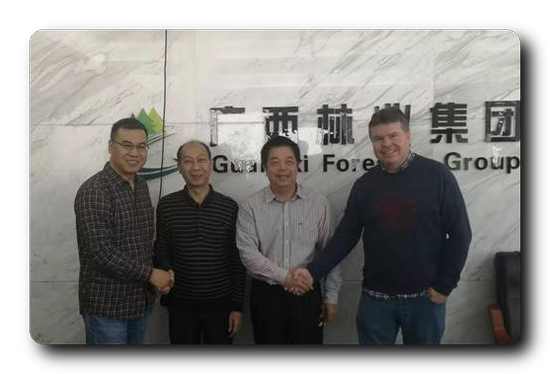 From left: Jansen Shang, Senior Sales Mangager, China (Valmet), Zheng Shengjun, President (Guangxi Shangsi Hualin), Lin Guicheng, President (Guangxi Forestry Product Group) and Pontus Nilsson, Senior Process Engineer (Valmet)
From left: Jansen Shang, Senior Sales Mangager, China (Valmet), Zheng Shengjun, President (Guangxi Shangsi Hualin), Lin Guicheng, President (Guangxi Forestry Product Group) and Pontus Nilsson, Senior Process Engineer (Valmet)
“We are facing a tight schedule, but with close collaboration we can make it. We expect to receive technical support and service from Valmet, not only for the project period, but also for after sales services. We are aiming for long term partnership,” says Chen Yuankun, Technical Manager at Guangxi Shangsi Hualin Forestry Industry Co., Ltd.
“This is an important prestige order for Valmet, since it is the first project with Guangxi Forest Group. The delivery will give us important references in China and Asia,” says Leif Sundberg, Sales Manager, Pulp and Energy, Valmet.
Information about Valmet’s delivery
Valmet’s scope of supply includes the newly released second generation Defibrator system. The new system is a further refinement of the Valmet Defibrator EVO, already known for the reliable performance and high fiber quality.
With the Defibrator EVO 64, Valmet will further strengthen its position as a supplier of the highest performing fiberboard front-end system.
Information about the customer Guangxi Shangsi Hualin Forestry Industry Co., Ltd.
Guangxi Shangsi Hualin Forestry Industry Co., Ltd. was founded in 2004. Main business of the company is forestry and products including wood, timber, and panel. The company is a state-owned company and belongs to Guangxi Forestry Product Group.
Valmet is the leading global developer and supplier of process technologies, automation and services for the pulp, paper and energy industries. We aim to become the global champion in serving our customers.
Valmet's strong technology offering includes pulp mills, tissue, board and paper production lines, as well as power plants for bioenergy production. Our advanced services and automation solutions improve the reliability and performance of our customers' processes and enhance the effective utilization of raw materials and energy.
Valmet's net sales in 2019 were approximately EUR 3.5 billion. Our more than 13,000 professionals around the world work close to our customers and are committed to moving our customers' performance forward - every day. Valmet's head office is in Espoo, Finland and its shares are listed on the Nasdaq Helsinki.
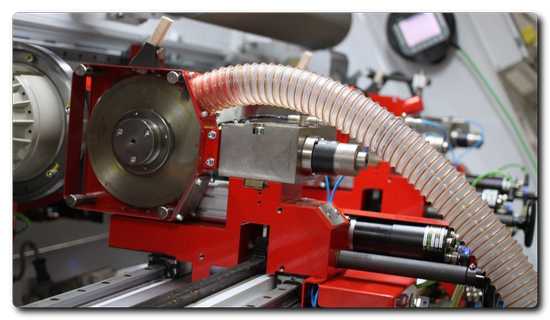

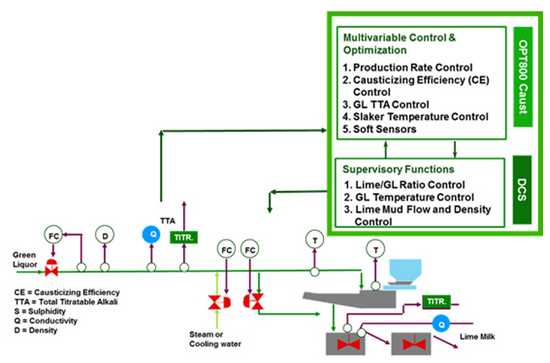
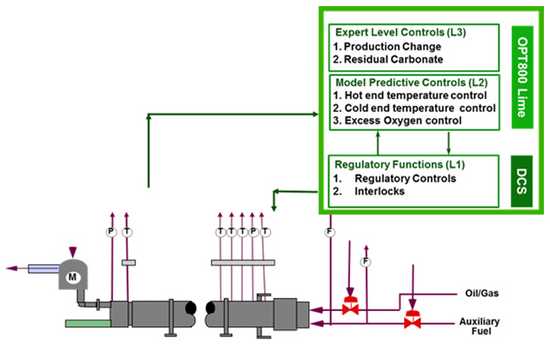
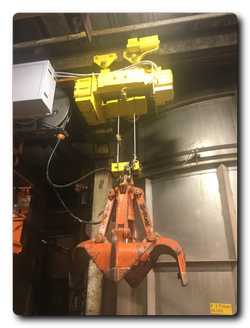
 In 2018, South Africa collected 71.7% of recoverable paper and packaging*, amounting to 1,285 million tonnes. “South Africa is in the enviable position of being able to use up to 90% of its recovered waste paper locally by recycling it into new paper, packaging and tissue,” says Anele Sololo, general manager of RecyclePaperZA. The balance of waste paper is exported.
In 2018, South Africa collected 71.7% of recoverable paper and packaging*, amounting to 1,285 million tonnes. “South Africa is in the enviable position of being able to use up to 90% of its recovered waste paper locally by recycling it into new paper, packaging and tissue,” says Anele Sololo, general manager of RecyclePaperZA. The balance of waste paper is exported. “In an Integrated pulp and paper mill, the recovery line is a vital part in securing the mill’s operations. In view of this, we decided to go with the latest and most advanced evaporation technology. We evaluated different alternatives and decided to choose Valmet. Our new plant should be commissioned by December 2020,” says P.K. Mittal, Head of Process, Century Pulp and Paper.
“In an Integrated pulp and paper mill, the recovery line is a vital part in securing the mill’s operations. In view of this, we decided to go with the latest and most advanced evaporation technology. We evaluated different alternatives and decided to choose Valmet. Our new plant should be commissioned by December 2020,” says P.K. Mittal, Head of Process, Century Pulp and Paper. ”It is very important that customers can rely on our know-how during a tightly scheduled shutdown project. Having us as a reliability partner for shutdown planning secures that the right valves are maintained and that the correct materials and resources are available when needed,” says Sami Nousiainen, VP of Valves Services at Metso.
”It is very important that customers can rely on our know-how during a tightly scheduled shutdown project. Having us as a reliability partner for shutdown planning secures that the right valves are maintained and that the correct materials and resources are available when needed,” says Sami Nousiainen, VP of Valves Services at Metso.

